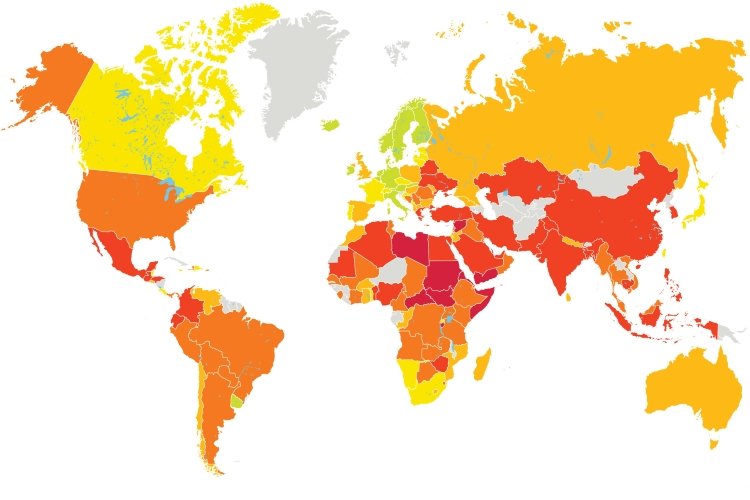In 2006, under the new Labour Code, the extreme neo-liberal government eliminated labour inspection in the country. Unsurprisingly, the authorities provide insufficient protection for union members and organisers. Under the Labour Code, unions are in practice unable to benefit from the protection of the law: court cases on discrimination and freedom of association are lost because the courts apply the anti-trade union provisions of the Labour Code. The law gives a de facto green light to union busting and marginalisation of collective bargaining, and there are many reports of anti-union discrimination and restrictions on the right to strike.
Commenting on the situation, ITUC General Secretary Guy Ryder stated that “anti-union actions such as intimidations and dismissals without explanation, and a failure to comply with ILO core conventions, cannot be tolerated any longer. The Labour Code of 2006 is a travesty of workers’ rights.”
Although Georgia has ratified all eight ILO conventions on core labour standards, there are serious inconsistencies between the Labour Code of 2006 and Georgia’s international commitments to respect workers’ basic human rights. In particular, the government has failed numerous times to comply with requests by the ILO Committee of Experts on the Application of Conventions and Recommendations to bring the Labour Code of 2006 into line with ILO core labour standards conventions.
Furthermore, the report notes that discrimination in access to employment and remuneration is widespread, with serious impact on women. Despite having ratified ILO conventions 100 and 111, the principle of “equal remuneration for men and women for work of equal value” is not applied in law or in practice.
Finally, child labour and forced labour are prevalent in the country, but law enforcement, monitoring and prosecution are weak.
“It is vital that the government ensure the adequate functioning of the Tripartite Commission set up in December 2008, with ILO support, to revise the Labour Code in line with ILO conventions,” concluded Ryder. “Otherwise, it is difficult to see how Georgia would be complying with its GSP + obligations, which require it to respect the core ILO Conventions in order to get European Union trade preferences.”



